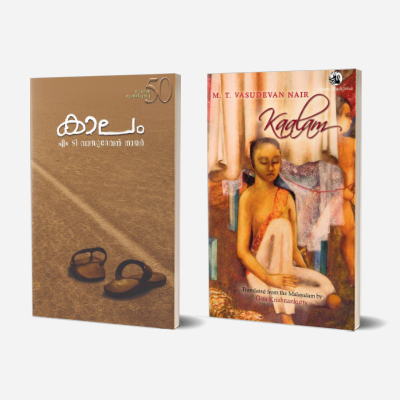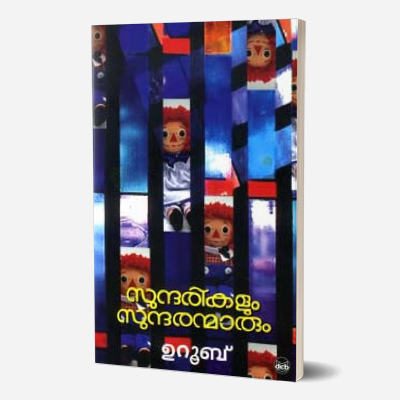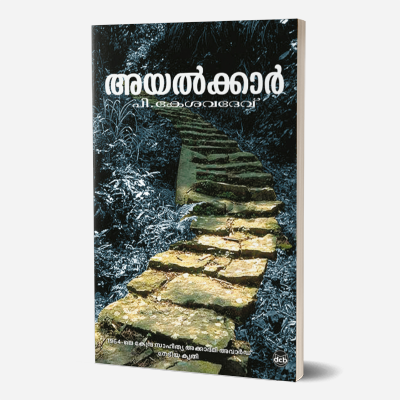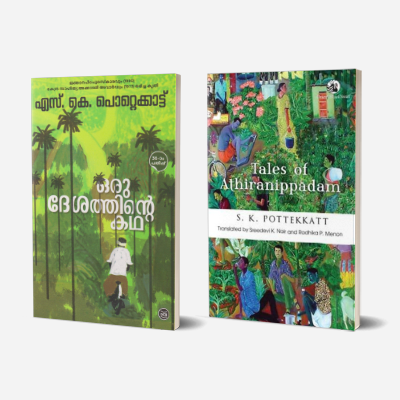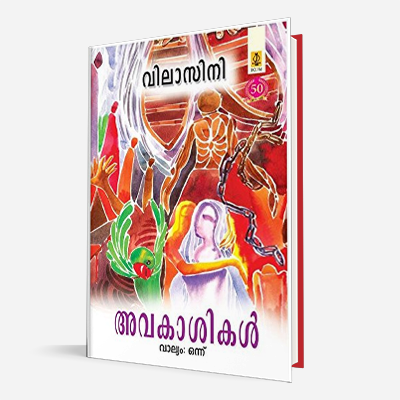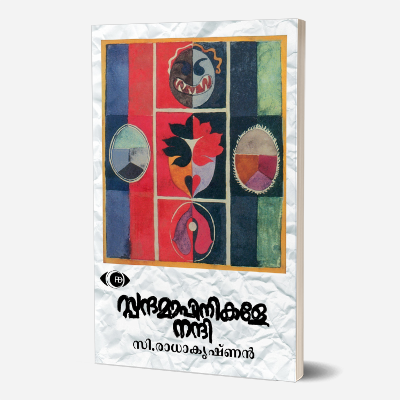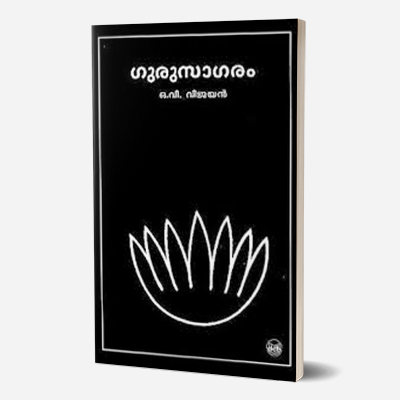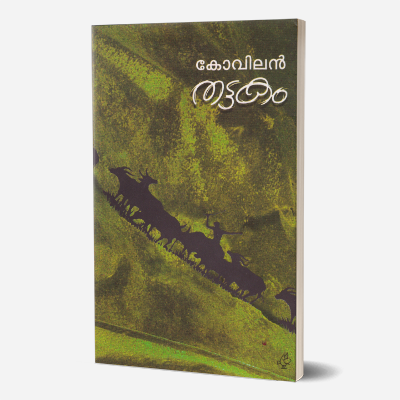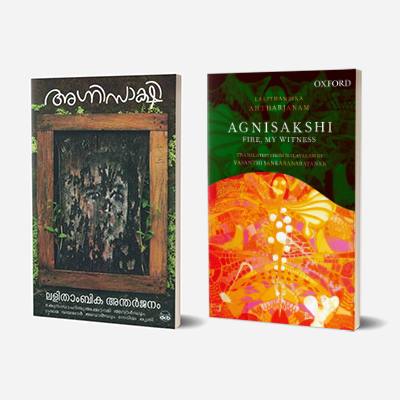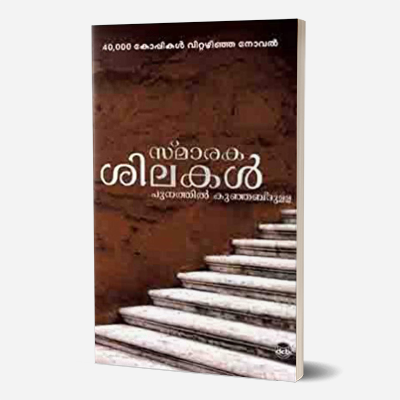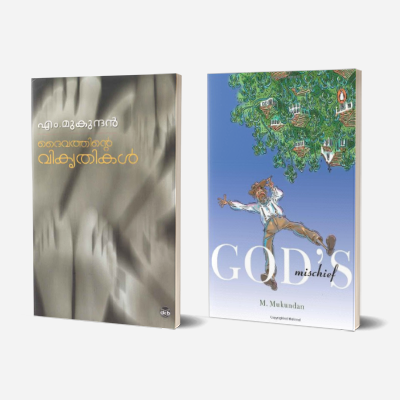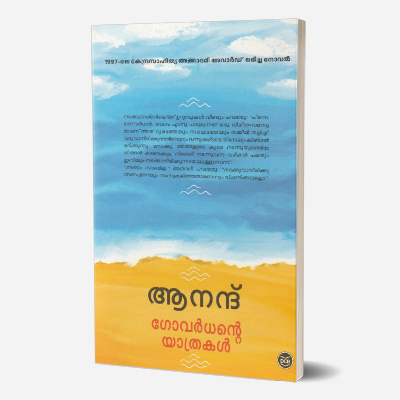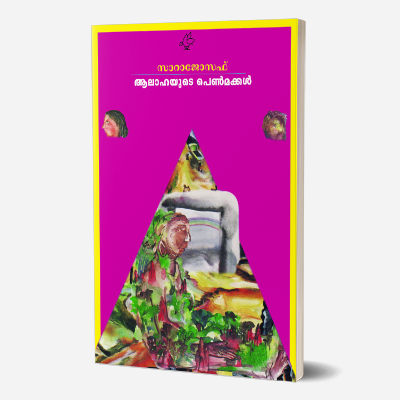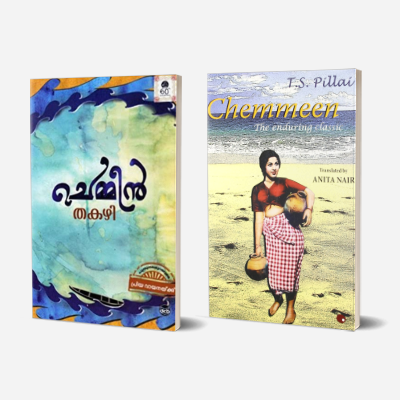Kaalam (Time)
By M.T. Vasudevan Nair
Translated into English by Gita Krishnakutty
The book takes the reader along with Sethu Madhavan, the protagonist, through a journey across time (Kaalam). Sethu Madhavan, a young upper caste boy hailing from a joint family in erstwhile Valluvanad of Malabar, cruises through several hard times in emotional and financial hardships. He finally realises the worthlessness of achievements and understands that life is put at mere mercy of time and we need grace of Destiny to live a better life of our dreams. Set against the backdrop of land reforms, poverty and the crumbling matrilineal order of Kerala in a newly independent India during the early 1960s, Kaalam explores, with imagination and sensitivity, the dialectic of having and not having, of the links between ‘rising in life’ and the fall of integrity. It won the Sahitya Akademi Award in 1970.
About the Author
M.T. Vasudevan Nair, popularly known as MT, is one of the stalwarts in modern Malayalam literature and post-Independence Indian literature. Most of his works are oriented towards the basic Malayalam family structure and culture and many of them were path-breaking in the history of Malayalam literature. His three seminal novels on life in the matriarchal family in Kerala are Naalukettu which won the Kerala Sahitya Akademi Award in 1958, Asuravithu, and Sahitya Akademi Award winning Kaalam. Barring novels, he also has to his credit eighteen collections of short-stories, a play and nine other books which include critical writings, stories for children and travelogues. A Padma Bhushan and Jnanpith awardee, MT is also an acclaimed screenplay writer and film director.
Also read
Randamoozham
Translated into English as Bhima: Lone Warrior by Gita Krishnakutty
Widely regarded as MT’s masterpiece, Randamoozham is a retelling of the Indian epic Mahabharata from the perspective of Bhima, the second Pandava, always second in line—a story never adequately told until one of India’s finest writers conjured him up from the silences in Vyasa’s narrative. M.T. Vasudevan Nair’s Bhima is a revelation—lonely, eager to succeed, treated with a mixture of affection and contempt by his Pandava brothers, and with scorn and hatred by his Kaurava cousins, Bhima battles incessantly with failure and disappointment. All of Bhima’s moments of triumph remain unrecognized and unrewarded. If his mother saw glory only in the skills of Arjuna and the wisdom of Yudhishtira, his beloved Draupadi cared only for the beauteous Arjuna. One of the reasons critics cite for the novel’s cult following is its revisionism, that was a first time in Malayalam literature. It won the Vayalar Award in 1985 and Muttathu Varkey Award in 1994.
